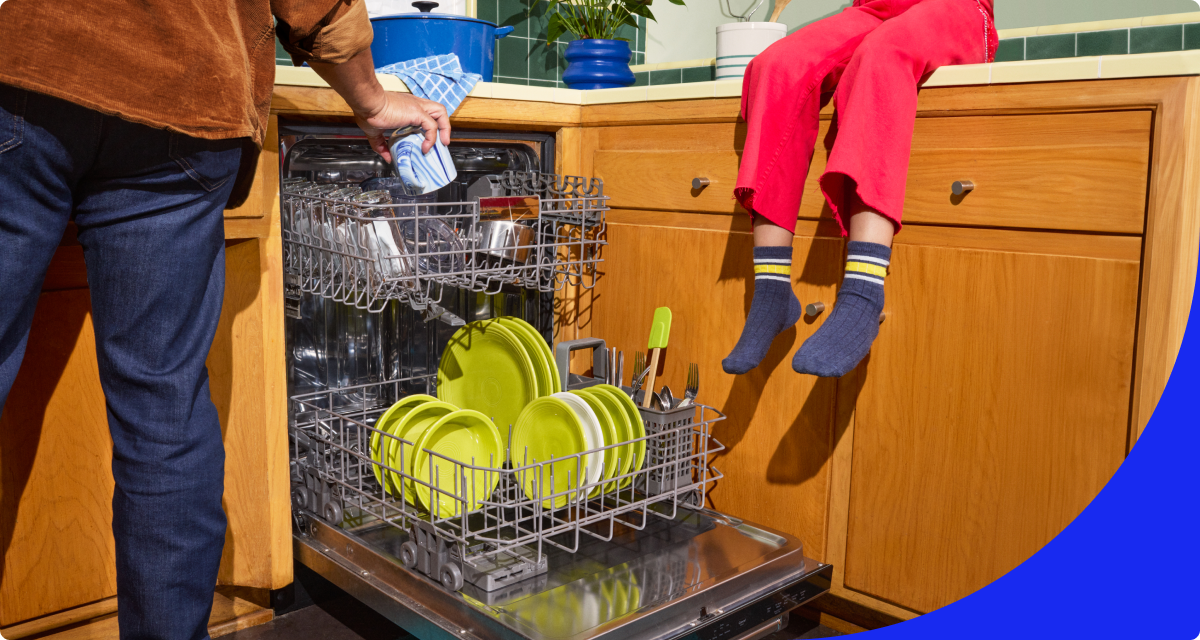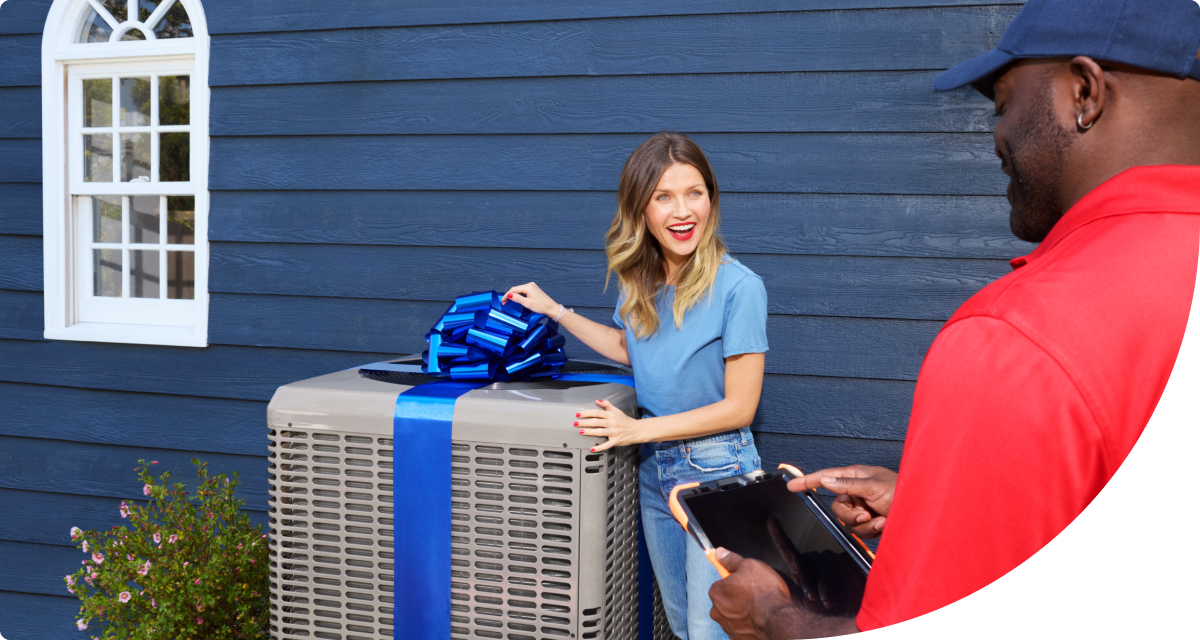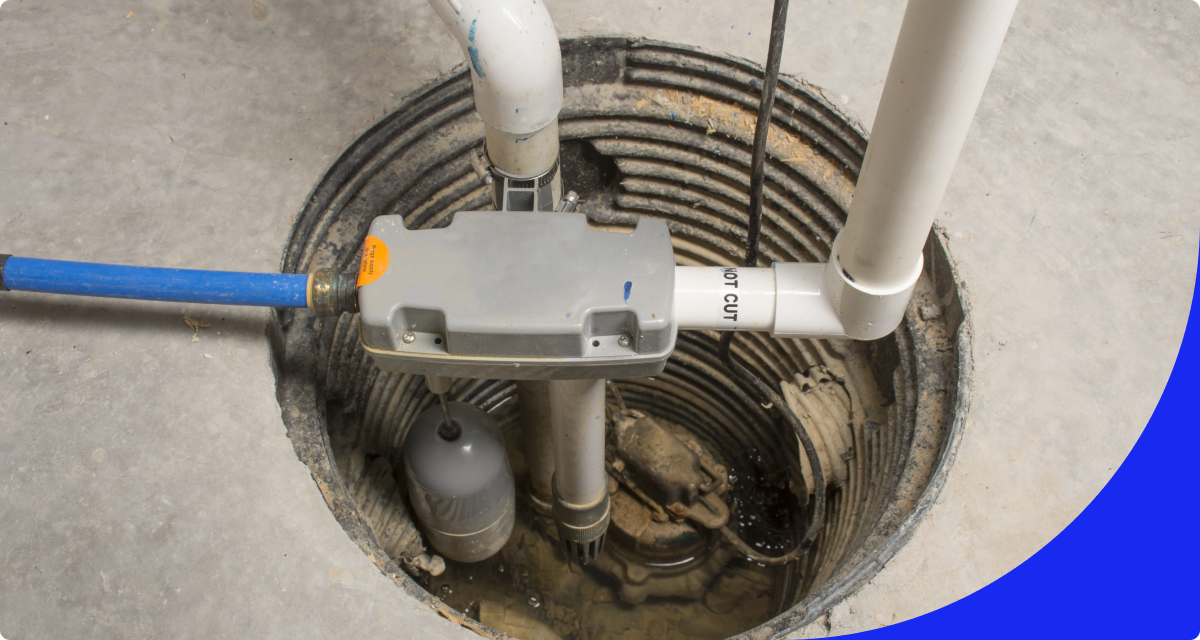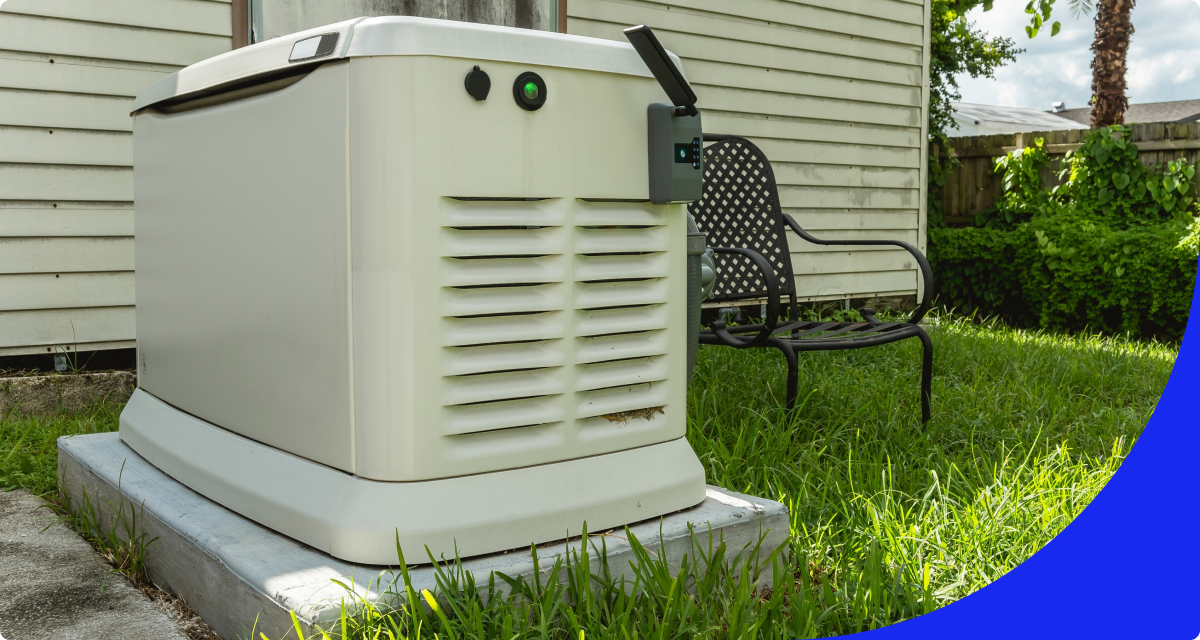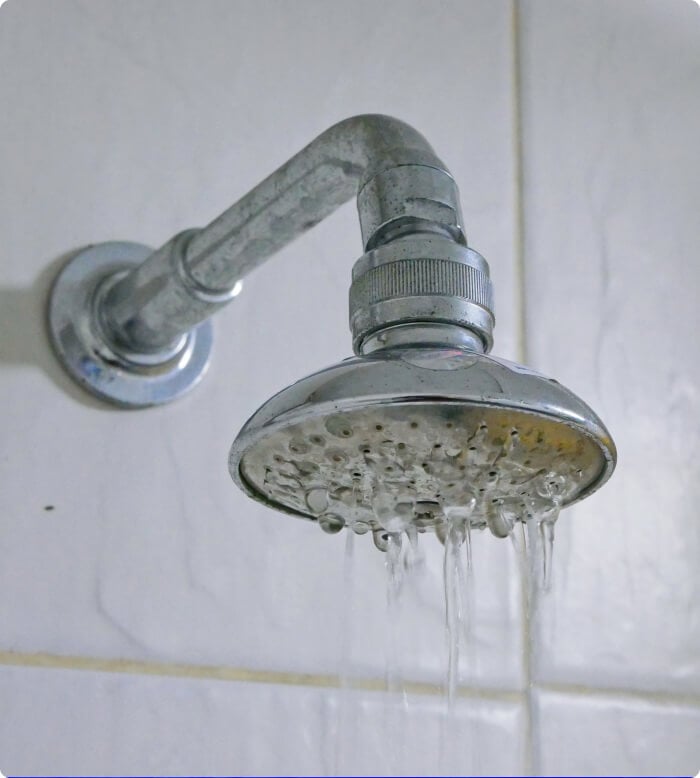Repair & Maintenance
Sinks clog, freezers freeze up and circuit breakers break. Repairs, maintenance and replacement are a fact of life for homeowners. But don’t melt down. We’ve got resources, advice and how-tos to help guide you in the right direction when appliance issues and repair problems pop up.
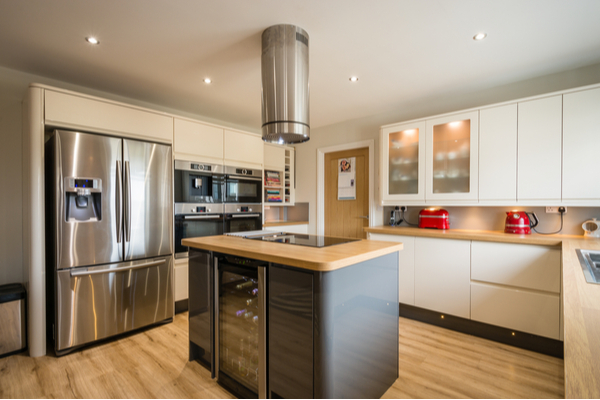
Don't Worry. Be Warranty.
Have a plan for your home when things don't go according to plan
Shop Home Warranties